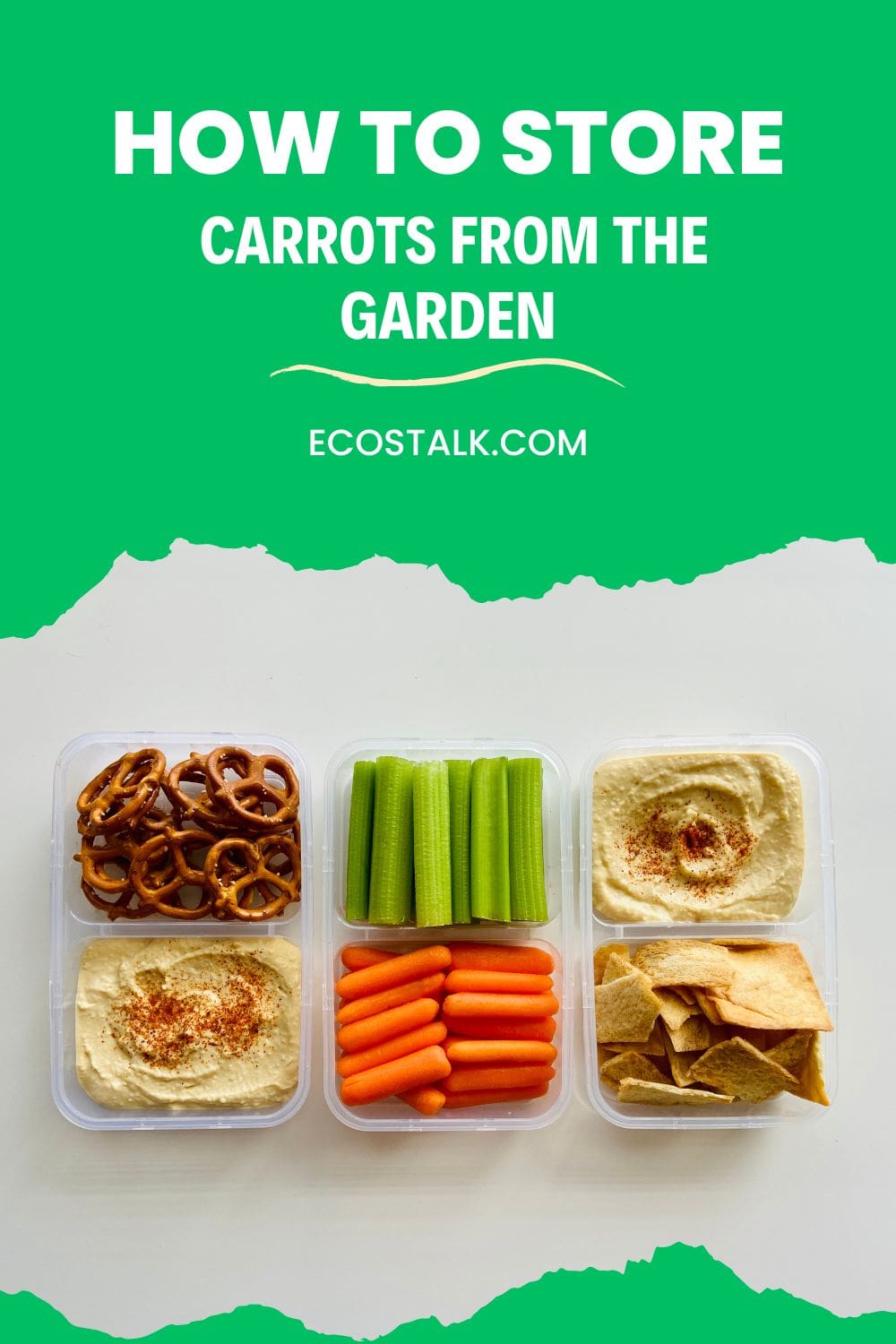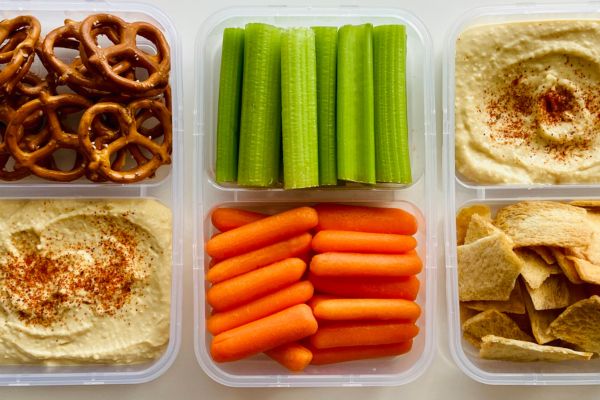Please note that I may earn a small commission from purchases made through product links in this article. As an Amazon Associate I earn from qualifying purchases.
Last updated: June 18, 2023
A complete step-by-step guide to storing fresh carrots from the garden, either in the fridge or without refrigeration.
Growing your own food can be very rewarding, both for your own good and for the environment. If you have successfully grown carrots hydroponically, or in a soil garden, congratulations! Now it’s time to to learn how to store carrots from the garden, to give them a long shelf life.
There are various methods to learn how to store carrots. Some of these will allow you to store carrots for months without rotting or becoming stale.
Keep reading, as I have outlined some of the simpler options you can use to keep your carrots fresh for longer.
- Storing Carrots From the Garden
- Storing Carrots in the Fridge
- Storing Carrots Without Refrigeration
- Final Tips
Storing Carrots From the Garden
Here are the simple steps to prepare your fresh carrots from the garden.
1. Remove the Tops
If your carrots still have the green tops attached, remove them before storing.
The tops can draw moisture away from the roots and cause them to spoil faster.
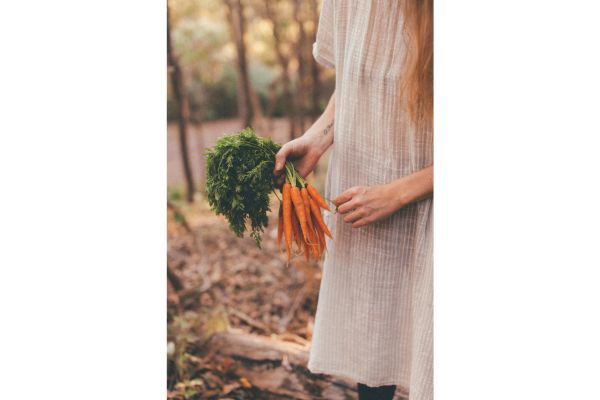
2. Clean and Dry the Carrots
Moisture can cause carrots to rot, so it’s important to keep them as dry as possible.
Once you pick the carrots, you can air dry them before packaging them.
If you don’t plan to use your carrots straight away, don’t rinse the dirt off.
Because you do you rinse cleaning off the protective waxy layer that carrots naturally grow to protect themselves. You can dust off the excess dirt before storing.
However if you are going use the carrots within the next couple of days, you can rinse the dirt and wipe off the excess moisture.
3. Put The Carrots in a Plastic Bag or Container
Carrots can be stored in a plastic bag with holes poked in it to allow for air circulation, or in a container with a lid.
Plastic containers and bags work very well in protecting the carrots from moisture and bacteria that will cause the carrots to rot.
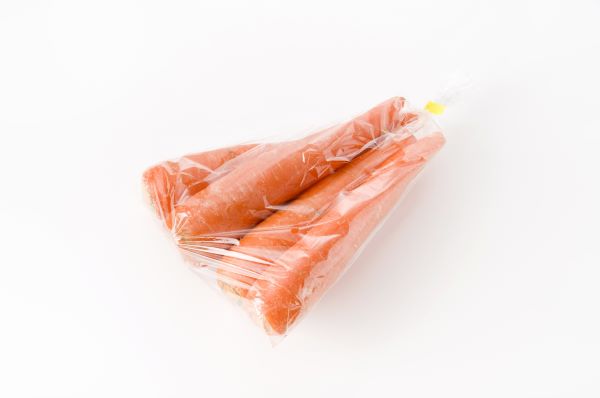
It may not seem very environmentally friendly, but you can reuse the same container or zip-lock plastic bag multiple times.
As per my previous step, make sure the container or bag is clean and dry before storing the carrots.
Storing Carrots in the Fridge
Carrots can be stored for several weeks in the fridge if they are kept in the right conditions.
If you want to keep your carrots raw and whole in the fridge, here are the tips you need to know:
Keep the Carrots Cool
Carrots should be stored in a cool, dark place with a temperature between 32-40°F (0-4°C).
The vegetable drawer in your refrigerator is the best spot in your fridge for carrots.
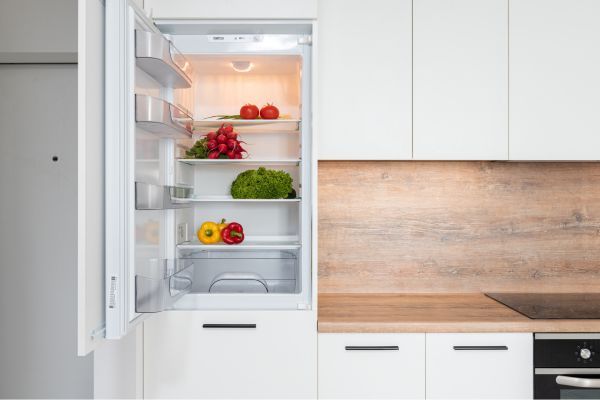
Keep Your Carrots Separated
Fruits and vegetables loosely fall into two categories, climacteric and non-climacteric.
Climacteric fruits and vegetables are crops like bananas, pears and apples.
These climacteric crops emit ethylene gas, which causes non-climacteric crops to rot or ripen faster.
Therefore carrots need to be stored separately from the fruits and vegetables above, or they will rot quickly and become bitter.
Luckily there are plenty of ways to get around this.
The first way is to keep your bananas and other climacteric crops outside the fridge, as they don’t tend to like cooler temperatures anyway.
Secondly, if you prefer to keep everything in the fridge, you can split separate them by keeping carrots with other similar vegetables in your vegetable drawer.
Lastly, your plastic container or bag will give your carrots an extra layer of protection, so don’t skip this step.
Check them Regularly
Check your carrots regularly to make sure they’re still firm and haven’t started to spoil.
Remove any carrots that have soft spots or mold to prevent them from spoiling the rest of the batch.
By following these tips, you can help ensure that your carrots stay fresh and flavorful for several weeks in your fridge.
Storing Carrots Without Refrigeration
If you would prefer to store your carrots outside the fridge, or are looking to store your carrots for months rather than weeks, there are some methods you can use.
Method One: Store Your Carrots on Your Kitchen Counter
It is possible to keep your carrots out of the fridge and on the kitchen bench or a cupboard.
However there are a few conditions to this method.
For starters, carrots prefer cooler conditions, so you will need to find a cool, dry and dark spot to keep them in.
Second, the carrots will need to stay stored in the plastic bag or container.
This is even more important, as the fridge not only keeps the carrots cool, it also helps keep them dry and protected from outside pests.
The third condition is that because your carrots are more exposed to the outside world, they will simply not last as long as they would in the fridge.
Carrots stored well in the fridge can last several weeks.
But stored out on a bench or even in a cupboard you can be sure that they will rot faster in this scenario.
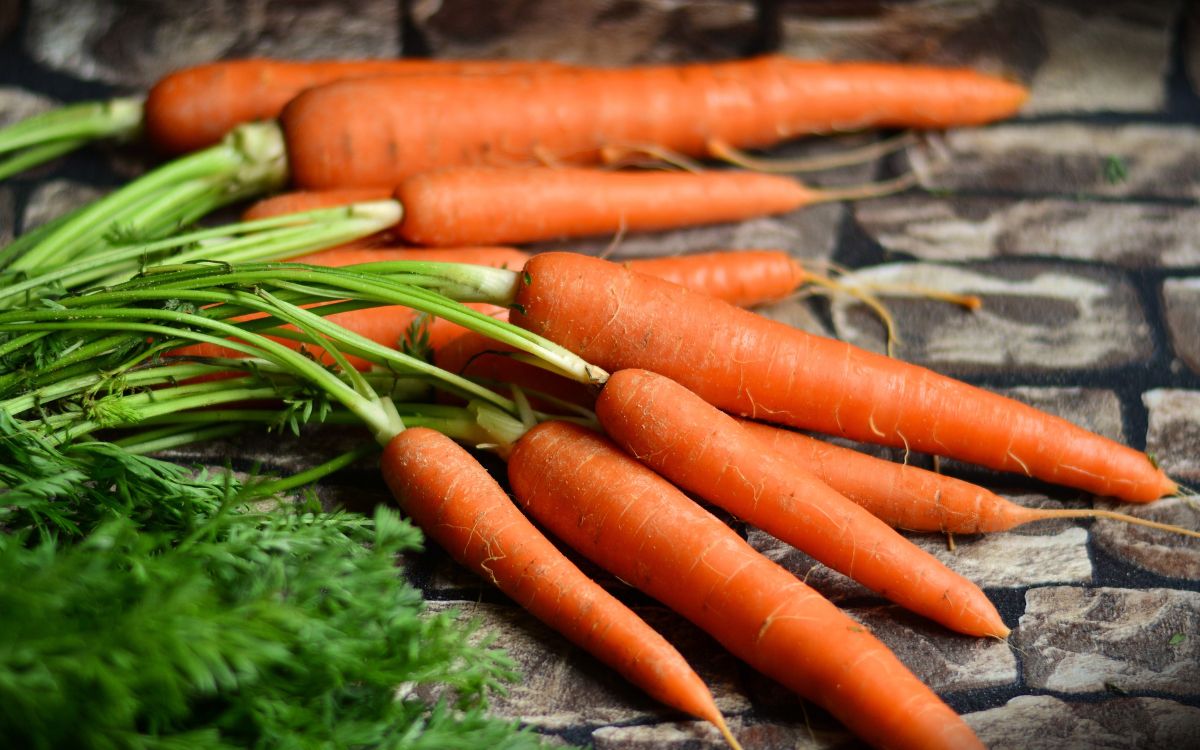
Method Two: Store Your Carrots in a Basement or Root Cellar
If you are storing carrots without refrigeration, another option is to store them in a basement or root cellar.
The advantage of this is that if you live in a cooler climate, your cellar will probably be the coolest, driest area of your home.
This means it works like a fridge does to keep your carrots cool and dry.
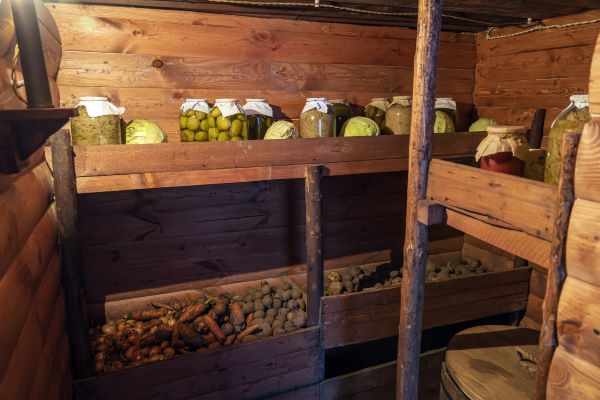
Should you decide to try this method, as I mentioned earlier it is still just as important to store your carrots in dry plastic bags or containers.
Ideally you should store your carrots in small batches.
This is useful because if one carrot starts to rot, it only affects a small batch, not your entire store of carrots.
Also label the bag or container with the date when you picked and stored them.
This is very helpful for you if you are growing lots of carrots, and you need to keep track of their freshness.
Method Three: Ferment or Pickle the Carrots
Fermenting or pickling carrots is a great way to store carrots for months on end.
Pickled or fermented carrots make a tasty garnish, but they can also be added into recipes in a similar way as cooked carrots.
Fermented vegetables can also provide additional good bacteria to your gut, as a side benefit of the fermentation process.
Fermentation and pickling are different processes, and the outcome for storing your carrots will be slightly different.
Pickling involves soaking the carrot in an acidic liquid like vinegar and sugar, to soften the carrot and give it a sour flavor.
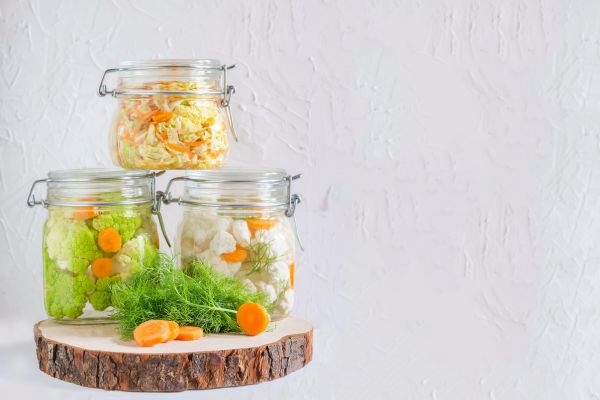
However, fermenting involves causing a chemical reaction between the natural bacteria in the carrots, to create their own acid that protects it from microbes that cause the carrot to rot.
The simplest way to start this reaction is to add a solution of filtered water and salt to the carrots in an airtight jar. Within 1-2 weeks the carrots will slowly ferment.
Both of these methods will give your carrots a longer shelf life of several weeks or months.
Method Four: Dry The Carrots
Dried Fruits and vegetables can last for months and don’t require refrigeration.
They are less versatile to use in recipes, but work well in dishes like soups, sauces and stews to add flavor and nutrients.
The best way to dry out your carrots is using a dehydrator.
If you have not used one before, this is a machine similar to an oven, which you can set to a specific time and temperature to gradually dry out food and meat over a number of hours.
Before the carrots are dehydrated, they will need to be blanched.
Blanching or parboiling will stop the enzyme action in the carrots which will cause them to lose color, flavor and texture over time if left unchecked.
This process usually works better if the carrot is shredded or cut up into tiny pieces, as even a small amount of moisture can create mold over time which will ruin your batch.
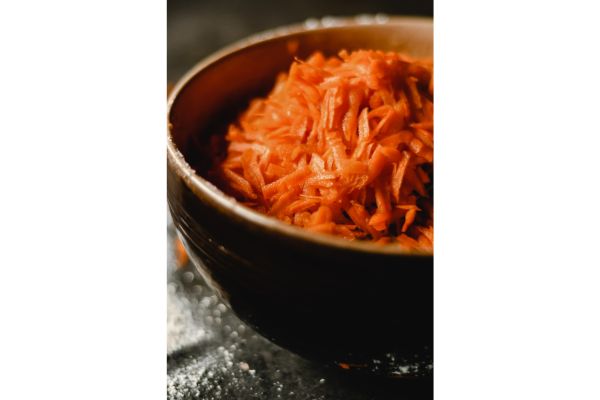
Once your carrots are dried, store them in a clean, airtight jar or container.
Method Five: Freeze The Carrots
If you don’t want to keep your carrots in the fridge, you could instead save some space by freezing them.
Frozen vegetables often get a bad reputation, as there is a perception that they don’t hold the same nutrients as fresh vegetables.
But this isn’t true, as long as the carrots are treated properly.
The most important step is to trap the nutrients is to “snap-freeze” the carrots.
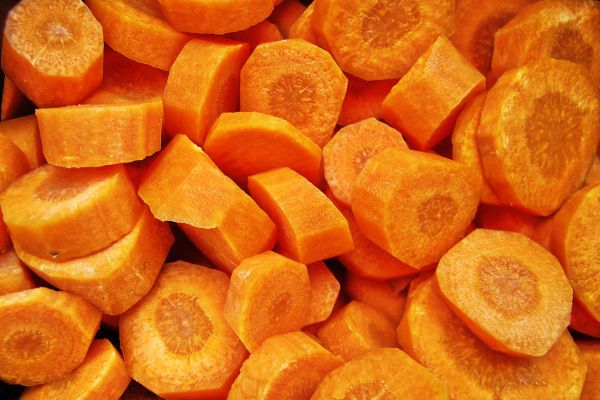
This just means that as soon as you pick the carrots from the garden, you immediately start the freezing process.
Similar to the method above for dehydrating carrots, freezing carrots involves blanching them first to stop the enzyme process in its tracks.
After that the carrots need to be immediately frozen to complete the job.
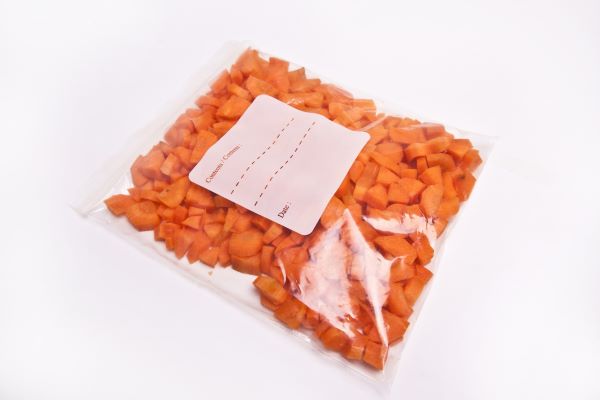
Frozen carrots are best kept in a plastic bag with airholes, and they will stay edible for many months.
Final Tips
Learning how to store carrots from the garden is an important skill, once you have mastered growing your own produce.
Many of this methods above will also work well for other root vegetables.
Storing carrots shouldn’t be a major chore.
Instead its a critical part of the growing process, and takes out the hard work of growing another big batch!
